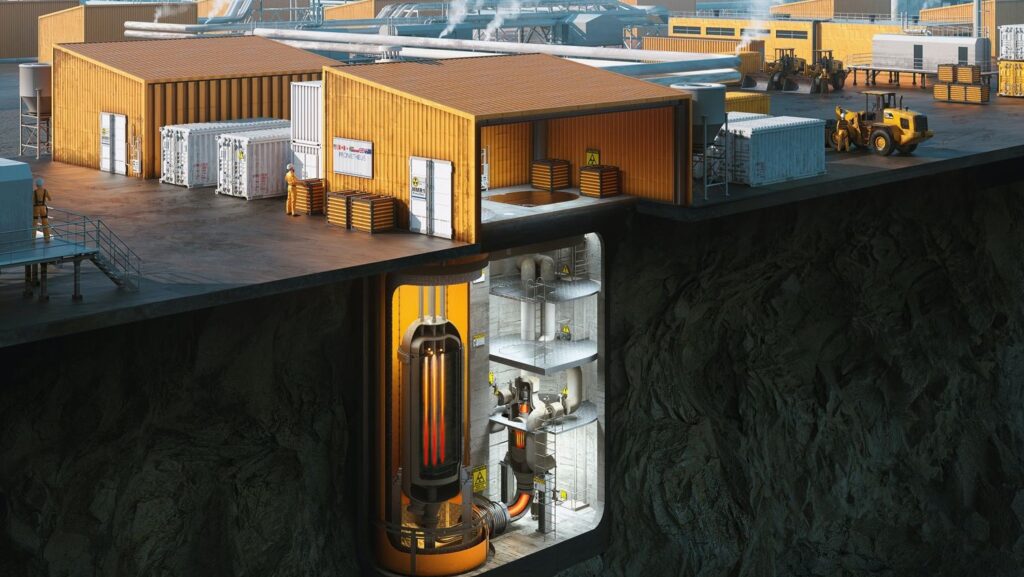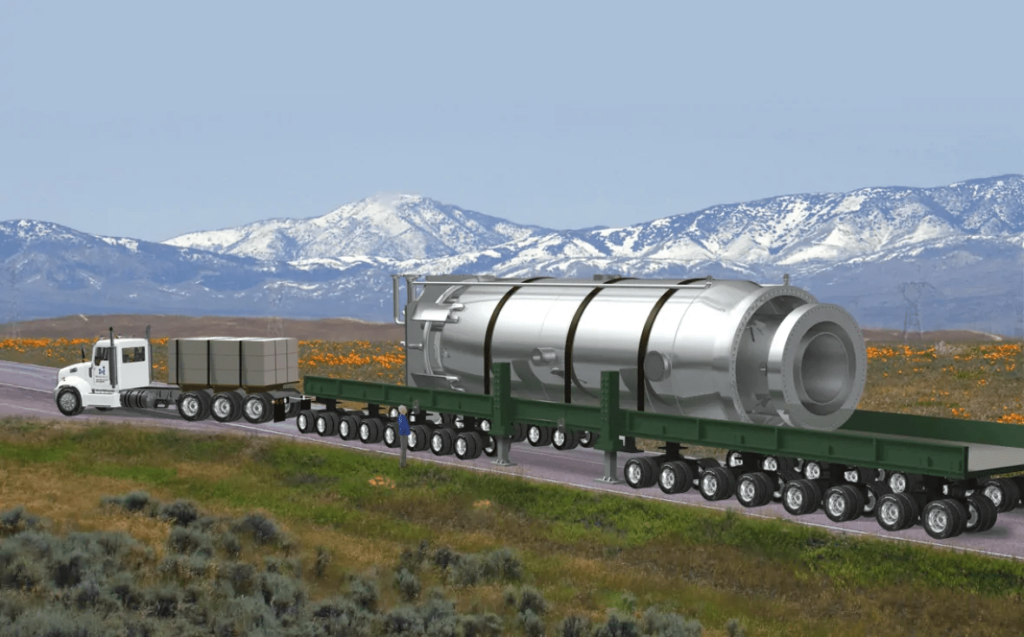The US and Estonia are to cooperate under the US Department of State’s Foundational Infrastructure for Responsible Use of Small Modular Reactor Technology – also known as FIRST – programme that is a capacity-building programme designed to deepen strategic ties, support energy innovation and advance technical collaboration with partner nations on secure and safe nuclear energy infrastructure.
The US embassy Tallinn Chargé d’Affaires Brian Roraff praised Estonia for its initiative in joining FIRST.
“We welcome Estonia’s ambitious efforts to transition from carbon-intensive sources for power generation and to ensure the country’s energy independence,” Roraff said.
“The FIRST programme brings extensive expertise from the US government, academia, national laboratories and industry to Estonian officials as they explore the feasibility of nuclear technology in a manner consistent with the highest international standards of nuclear security, safety, and non-proliferation. This is a big decision, and we support Estonia’s careful consideration of all viable energy alternatives.”
Support to countries wishing to develop nuclear energy programmes
According to Estonia’s minister of environment, Erki Savisaar, collaborating with the United States through the FIRST programme trainings “will enhance the knowledge of Estonia’s specialists” considering the deployment of small modular reactors and “will help the country make an informed decision” on the feasibility of including nuclear energy in Estonia’s energy mix.
The initial training will take place online from February to September and will focus on nuclear security, safety and non-proliferation. “Future capacity-building may address such topics as the establishment of national nuclear safety regulations, workforce development, stakeholder engagement, and site assessments of a nuclear power plant,” the US embassy in Tallinn said in a statement.
FIRST provides capacity-building support to partner countries as they develop their nuclear energy programmes to support clean energy goals under the highest international standards for nuclear safety, security and non-proliferation.
To date, the US Department of State has announced USD6.3 million to support FIRST projects worldwide, according to the embassy.
No public debate in Estonia
Estonia has never had a nuclear power station before, but as the country’s government has decided to exit oil shale power (much of Estonian electricity is produced by collecting millions of tons of oil shale and then burning it) generation by 2035, it is looking for alternative ways to generate energy.
Estonia would not build a conventional nuclear power station – the country’s grid is simply too small to handle the large plant. Instead, some entrepreneurs have suggested to build small modular reactors (SMR), based on the latest nuclear technology. But a proper public debate on the possible introduction of nuclear power in Estonia has yet to take place.
Read also: Rolls-Royce to potentially build a nuclear power station in Estonia and Henri Ormus: Why does Estonia need nuclear energy?
Cover: A rendering of Ultra Safe Nuclear Corporation’s (US) small modular reactor design – one of the candidates considered by Fermi Energia as the proposed SMR solution in Estonia.



